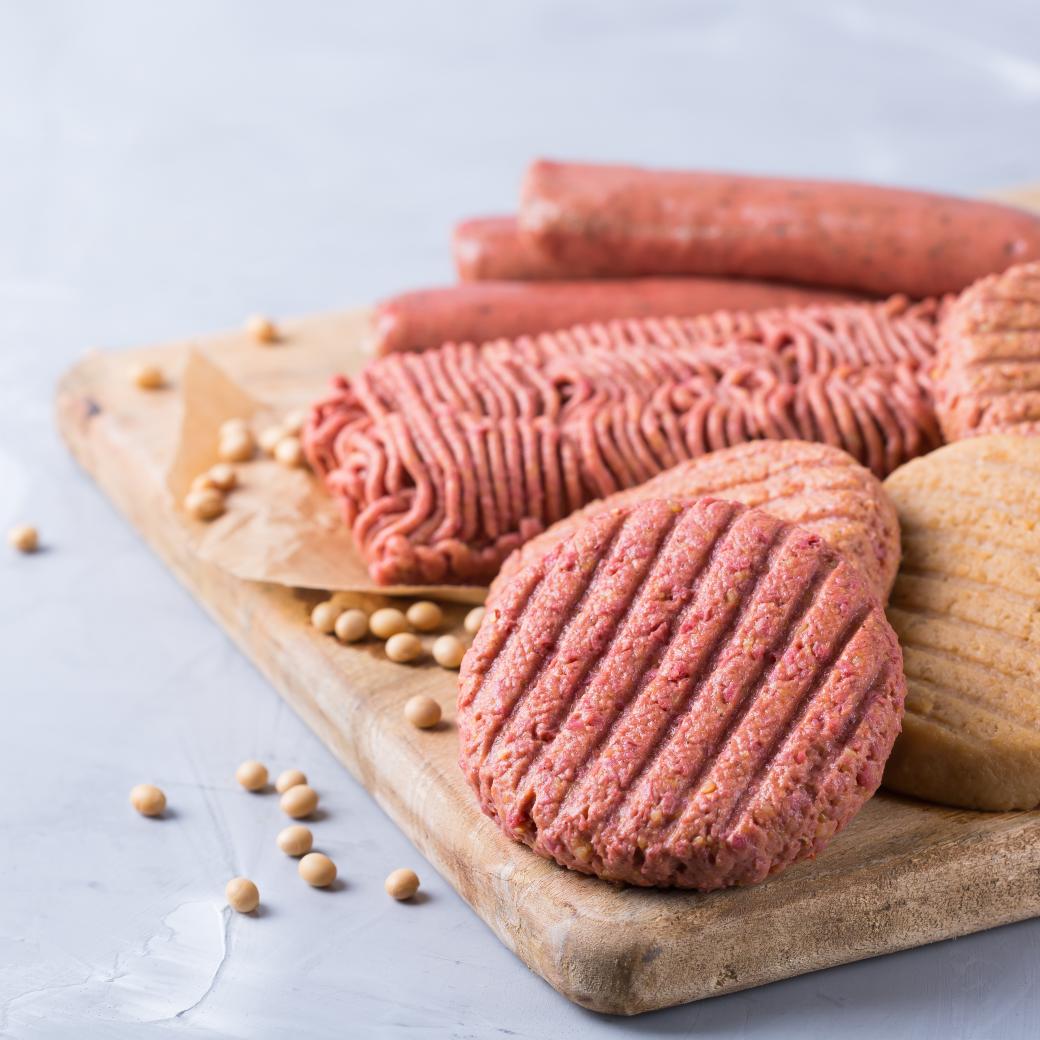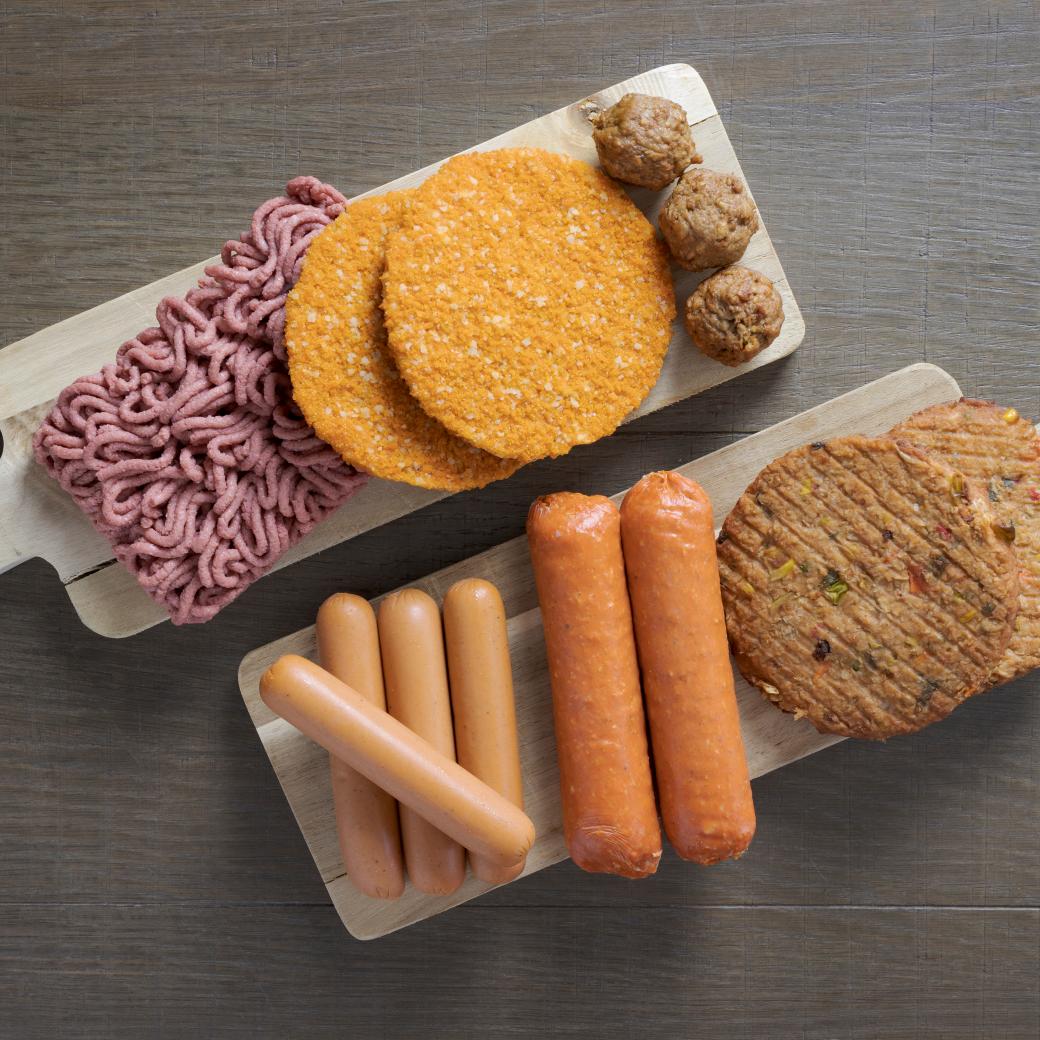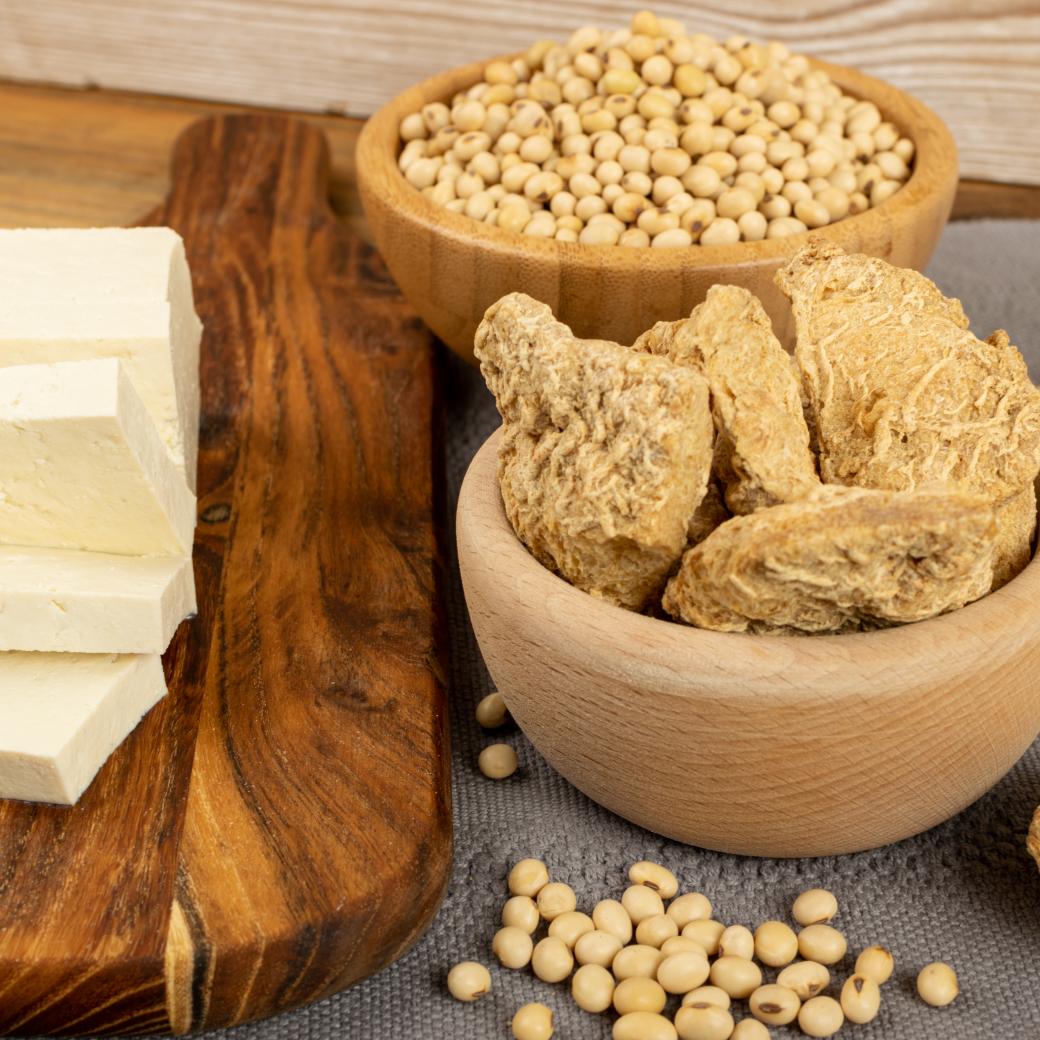Innolab
Expansion of the Food Pilot with innovative devices that can also be used on a small scale for processing (protein-rich) biomass.
Why this project?
For certain applications and specifically for (new) protein-rich raw materials, there is a need for pilot equipment at smaller scales in the exploratory phase.
Methodology and results
With the ERDF investment project INNOLAB, the Food Pilot’s arsenal could be further expanded with ‘small-scale’ equipment that, in combination with the larger pilot units, can be used to simulate the processing of various raw materials into new end products.
An overview:
- A slicer was purchased to cut products into slices, cubes, or strips for the first rough processing of raw materials.
- A kitchen scale blender and an inline mixer were also purchased to blend powders or wet products.
- A separator at the same scale was also purchased for stripping hard parts (peels) and mashing fruits. This way, raw materials can be treated prior to protein extraction. Other small-scale fractionation technology was also purchased, specifically a bench-top centrifuge.
- A flake roller was purchased to transform the material to be extracted into flakes, which make better contact with the extraction media due to their larger product surface area.
- To increase protein extraction efficiency, investments were made in a small-scale, high-pressure homogeniser and a sonicator.
- In addition, a vacuum drying oven was purchased to dry products at lower temperatures under vacuum.
- The steps after protein extraction lead to product developments. For example, we are proud to have purchased a device to make protein bars. In doing so, the Food Pilot is responding to the rising demand among companies to develop high-protein bars and healthy snacks.
- A final purchase in the series is a small-scale pasteurisation and sterilisation unit to heat liquids in a continuous manner to ensure a longer shelf life.
All these devices are ‘up and running’ at the Food Pilot in Melle.
‘New & Shifting Resources’
This is the name of the thematic programme in which Flanders’ FOOD is committed to a future in which we are more aware of how we use our natural resources. We also aim to offer a more nutritionally and ecologically responsible range of products. This is obtainable through the introduction of new, circular, and plant-based alternatives to the current selection of ingredients. Numerous projects are being set up and implemented within this theme, making use of this new pilot infrastructure, among other things.
Access to the project results
The Innolab project ran from July 2021 to December 2023, and received €512,000 in funding from ERDF and €102,400 from the Province of East Flanders.
Project partners
The project was coordinated by ILVO and was a collaboration between ILVO and Flanders’ FOOD with the support of Europe and the Province of East Flanders.
Want to test in the Food Pilot?
Do you have a project idea?
Follow-up actions
So all companies are more than welcome to tap into the Food Pilot to experiment with ILVO technologists. It also represents a new opportunity for innovative, start-up companies. “They are looking for equipment at exactly this scale in order to launch their first commercial production.”
Combined with the other pilot units in the Food Pilot, complete processing processes from various (protein-rich) raw materials to new end products can now be simulated even more. Those end products are in virtually all food subsectors: fruit and vegetables, meat, bakery, dairy, prepared meals, and so on. This includes new snacks, bars, or drinks.
In addition to services, the equipment will often be used for in-house research projects.
Interesting articles

From apple tree to innovation: meet B3ET

Sustainable animal feed from sweetcorn cobs: meet Trotec







